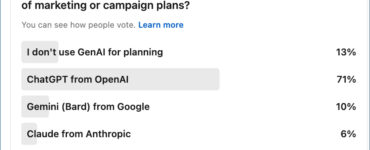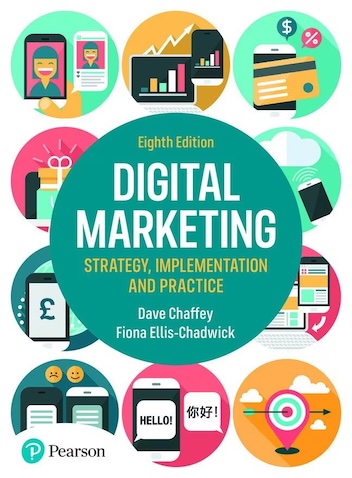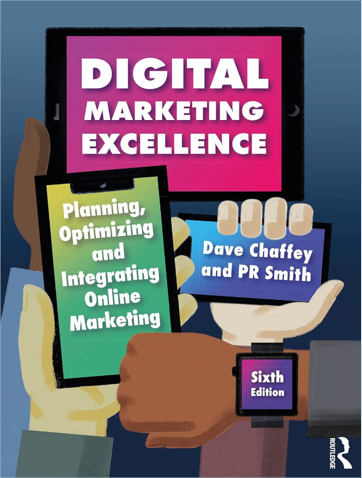Brand relevance is a relatively new concept. This exploration is based on an interview with an undergraduate dissertation student covering my thoughts on it. It’s an example of questions to subject matter expert, to help understand an emerging concept.
Q. What is a “relevant” brand to you?
I’m not familiar with the literature since I’m a digital marketing specialist, but it to me, it refers to a brand brand I/consumers feel positive about. This could often lead to purchase and physical + emotional loyalty.
From a functional sense, it could simply be that a brand meets my needs and how I like to be perceived by others.
For example, I’m a fell runner and I’m positive and loyal towards Salomon.
In recent years, with increasing consumer concerns, brand relevance could have a specific meaning related to the fit of the brand with my personal beliefs and worldview. For example, I’m positive about Patagonia as a B-Corp and their ethical materials sourcing and campaigning.
Q. What brands would you deem as relevant?
As above.
I often purchase Inov8 kit because of the quality of their shoes and because they are a UK-based business and because they are popular with other runners. AFAIK they don’t have an ethical sourcing stance which would make them more relevant for me if there was an equivalent functional offer from a more ethical brand.
Q. What brands would you pinpoint as struggling to remain relevant?
Brands that don’t have someone responsible for monitoring/managing brand relevance and taking steps through CSR, ethical NPD and campaigning to issues that are of concern to their concerns. More than ‘paying lip’ service or ‘jumping on the bandwagon’ for cynical commercial reasons.
This also includes monitoring competitors who are more active, so if competitors to Dove didn’t react to the ‘Real Beauty’ brand positioning they would lose market share. Brands/retailers who haven’t appointed someone responsible for ethical sourcing and are taking positive actions, e.g. I believe H&M, Next have, but have their rivals
Q. What is the most captivating form of marketing for you?
Marketing that relates to my interests, so it’s not perceived as ‘advertising’. For example, outdoor brands that feature brand ambassadors, e.g. I watch Inov8/Salomon videos of their athletes and have watch Patagonia campaigning videos which make me feel more positive towards them.
Q. If you could assist a classic brand (as mentioned) struggling to keep their place in an evolving market, what do you think is the most important factor you would focus on and Why?
Having a person responsible for it who has power to make change, this will likely need to be evidence-based, so deep customer and competitor research to convince stakeholders to invest in real change is of vital to the importance of the business.
Q. With your experience working in your position, what do you think restricts business evolvement/relevance?
Lack of identified remit for this given existing brand/product managers have so many traditional activities to work on.
For smaller businesses, lack of consumer/market research or having staff in place with necessary experience or dedicated role.
Q. What factors do you think impact brand relevance?
To summarize brand relevance above:
- Consumer research to identify brand relevance factors – functional and emotional amongst relevant demographics. Will also include competitor research and online social listening
- Research findings are incorporated into brand positioning and new product development (NPD)
- Brand purpose is defined, e.g. see Simon Sinek Golden Circle – Start with Why?
- Dedicated brand managers with sufficient responsibility and influence to take action
- Defined ethical stance and sufficient positive action to meet consumer concerns
Q. Do you have any other thoughts surrounding this topic?
No, your questions cover it well, but the answer is dependent on sector, so I’d recommend scoping your dissertation to consider specific sectors. I guess you’re focusing on fashion brands, but the Qs don’t mention that and there will be different impact in different types of fashion brands.
Since I specialize in digital marketing, I’m not a ‘subject matter expert’ and don’t keep abreast of the latest brand literature and haven’t consulted the literature as part of, so these are my personal and practitioner views based on personal and business experience.
Reviewing what brand specialist agencies are writing, I found these useful frameworks:






